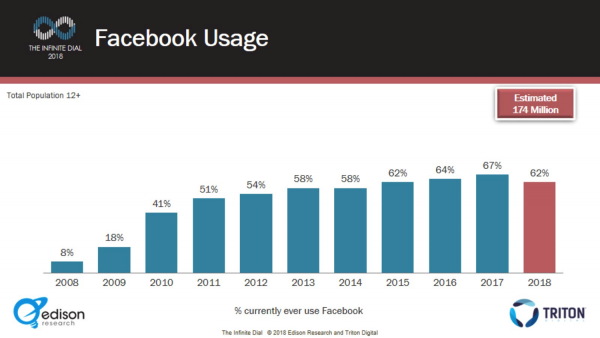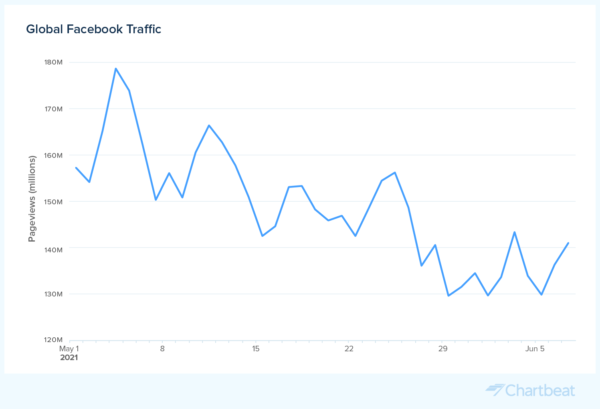Facebook Meta Ai Money Grab
Meta’s AI Ambitions: Key Points



AI Bots for Social Media Engagement
- Goal: Enhance user engagement on Facebook and Instagram with AI-powered bots simulating human interaction.
- Features: Bots with unique profiles, bios, and pictures to mimic real users.
- Concerns: Potential loss of authenticity, trust, and genuine connections online.
1. Post written, audio, or video content 24/7.
2. AI personas tailored to specific niches.
3. Respond instantly, offering style tips or fitness advice customized to your data.
4. Gather incredibly nuanced insights into consumer behavior.
5. Partner with AI personas to produce hybrid content.
6. Free up creators to focus on the “human touch”—authentic live streams, behind-the-scenes moments, or brand negotiations.
7. “Creative assistants,” suggesting new content.
8. For those who feel lonely or isolated.
9. License their likeness and personality traits to AI personas.
10. VR/AR spaces.
Critics:
1. AI personas could hog visibility and reduce human influencer income.
2. AI might dilute that sense of authenticity. Ones who would choose AI and others human. Tell the difference.
3. Uncanny Valley Interactions.
4. Privacy concerns could skyrocket if AI personas glean sensitive insights.
5. Manipulation Risks: AI-driven personas, optimized for engagement, may push polarizing or manipulative content to retain user attention.
6. Users might feel swamped with “fake” accounts, diminishing trust.
7. More “voices” vying for attention might erode user well-being, leading to digital fatigue and further pushback against social media. There is only a limited amount of content you can see in 2 hours of interaction/fight for attention.
AI’s Role in Coding and Productivity
- Vision: AI to handle tasks of mid-level engineers by 2025, including coding and automating processes.
- Potential: Streamline software development, augment human creativity.
- Impact: Risks of job displacement, inequality, and ethical concerns in AI implementation.
Controversy Over Fact-Checkers
- Change: Meta replaced third-party fact-checkers with a user-driven “Community Notes” system.
- Criticism: Risks of misinformation, bias, and echo chambers.
- Defense: Zuckerberg claims it supports free expression and democratic moderation.
Monetization Opportunities on Meta
- Programs: Performance Bonus Program, in-stream ads, fan subscriptions, “Stars.”
- New Features: Ads on Instagram profiles, Reels bonuses, and affiliate marketing.
Economic and Ethical Implications
- Economic Impact: AI projected to contribute $15.7 trillion to the global economy by 2030.
- Ethical Concerns: Balancing innovation with authenticity, misinformation control, and equitable opportunities.
Four Possible Future Scenarios:
1. The Synergy Scenario
– Key Idea: Collaboration between human creators and AI personas becomes the new norm.
– What It Looks Like: Real influencers harness AI-based tools for automated scheduling, real-time interaction, or “digital twin” spin-offs. These AI spin-offs are clearly labeled as bots. They handle routine questions and tasks, while the human creator steps in for personal, more meaningful engagements. Users enjoy the convenience of instant responses but still value genuine human moments.
– Outcome: Trust remains high because the role of AI is transparent. Creators benefit from reduced workload. Audiences get tailored content without feeling deceived.2. The Overshadow Scenario
– Key Idea: AI personas become so advanced they dominate user feeds and brand deals.
– What It Looks Like: Users find AI content is always on-trend, perfectly relevant, and endlessly available. Real creators struggle to keep up and become niche or boutique acts. Major advertisers gravitate towards cost-effective AI influencers who never age, never make mistakes, and can be modified instantly based on new data. Human creators face dwindling income and influence.
– Outcome: The platform becomes hyper-commercialized. Authenticity declines as audiences question what’s “real” and what’s generated. Some users move to smaller, human-only platforms for more genuine interactions.3. The Regulation Crackdown
– Key Idea: Government bodies or platform governance step in heavily to moderate AI persona usage.
– What It Looks Like: New regulations mandate that AI personas must be clearly labeled. AI content is subject to strict verification so it can’t mimic real individuals without permission. Companies that breach these guidelines face heavy fines. Influencer marketing requires disclosures if an AI persona is involved.
– Outcome: The technology still exists but is heavily regulated. Innovation continues, but it is slower and more measured. The user experience is more transparent, but large-scale experimentation is stifled by oversight, leaving only the biggest players to dominate AI persona creation.4. The Niche Renaissance
– Key Idea: AI personas turn off many users, leading them to seek out hyper-authentic communities.
– What It Looks Like: Burned-out by an onslaught of polished, AI-driven feeds, users flock to small-scale platforms or subscription-based communities emphasizing real-human interaction—voice notes, live streams, local meetups. Creators who thrive are those who build tight-knit communities that no AI persona can replicate because of deep, human-led conversations and experiences.
– Outcome: Meta’s AI strategy pushes some of its audience away, but retains a core group who value convenient, AI-driven interactions. The internet further fragments into various smaller communities, each with distinct social norms and acceptance of AI-generated personas.Is Augmentation Possible Without Replacement?
– Mark Zuckerberg’s claim that AI personas will “augment creators’ reach rather than replace them” depends heavily on implementation:
1. Transparent Labeling: If AI personas are always identified as such, it may alleviate some concerns about inauthenticity or competition with human influencers.
2. Collaborative Tools vs. Fully Autonomous Bots: If AI remains an optional tool for creators rather than a free-floating competitor, it becomes a value-add instead of a threat.
3. Platform Ethics & Policy: Meta’s willingness to create robust policies, address data privacy, and proactively manage manipulative content will determine how quickly these AI personas become either a boon or a bane.
Conclusion
Meta’s AI initiatives aim to revolutionize social media and coding but raise concerns about authenticity, job security, and misinformation. The future of AI in tech demands ethical considerations to ensure positive societal impacts.
If AI remains an optional tool for creators rather than a free-floating competitor, it becomes a value-add instead of a threat.
Leave a Reply